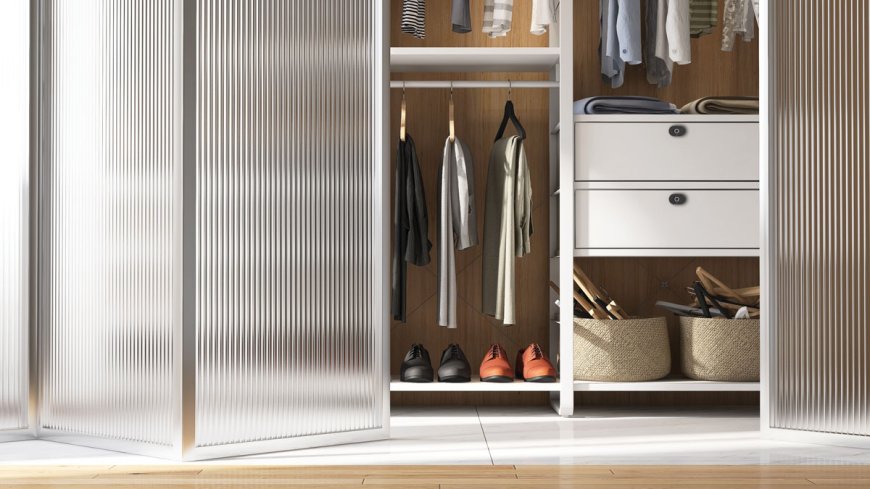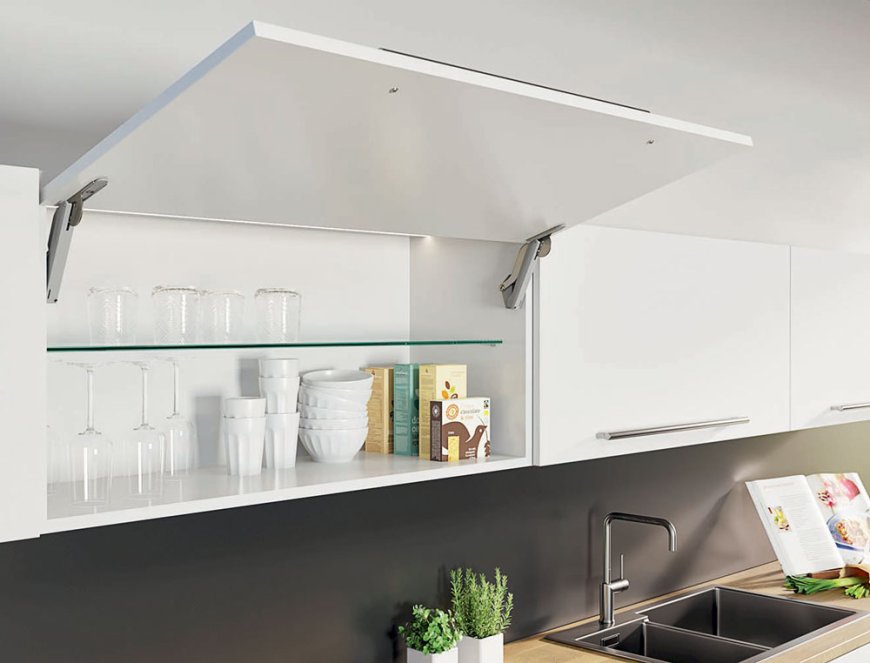The Indian market presents several emerging opportunities that align well with Hafele's strategic direction.

Frank Schloeder
Managing Director, Hafele South Asia
How do you see India and the region as an emerging and promising market for the company?
India, along with other countries in South Asia such as Sri Lanka, Bangladesh, Nepal, Bhutan, and the Maldives, represents a highly promising market for Hafele. This is driven by rapid urbanization, robust economic growth, and a burgeoning middle-income population with increasing purchasing power.
Hafele sees immense opportunities in catering to this dynamic market by introducing cutting-edge products and solutions that meet local needs while maintaining German quality standards. By effectively leveraging our expertise and understanding of regional nuances, we are well-positioned to drive growth and innovation in India and surrounding markets.
How is the brand positioning itself in the market with a difference in design philosophy and core values?
Hafele India distinguishes itself in the interiors market as a holistic solutions provider, catering to all aspects of living and working spaces. Our brand is deeply rooted in values of quality-centricity, detail-orientation, and customer focus, which are encapsulated in our brand purpose: ‘Maximizing the value of space. Together’.
With a 100-year German legacy and a deep understanding of the South Asian market, we design and source products that excel in quality, design, and engineering while addressing key customer needs. This understanding has led us to introduce innovative solutions, such as foldable bed and table systems that optimize space in areas where it's at a premium.
Our core competency lies in the kitchen segment, where we have established ourselves as leaders. We offer comprehensive solutions that enhance kitchen functionality, tailored specifically to Indian cooking habits and preferences.

What are the new design innovations being introduced by the company to match the needs of customers in this market?
We are excited to share several new launches that cater to the evolving needs of our customers across various categories, including digital locks, glass fittings, furniture fittings, and home appliances.
In the digital locks segment, we have introduced the Kabi-Net Digital Furniture Locks, fingerprint-enabled locks specifically designed for drawers and cabinets, providing enhanced security and convenience. For glass fittings, our newly launched shower cubicle fittings feature an innovative hinge angle adjustment, ensuring flawless alignment between the openable door and fixed glass panel, even if the cubicle walls are not perfectly aligned.
In the home appliances category, our Essentia Series includes the Augusta and Verena Hobs and Renata Cookerhoods. These built-in hobs feature advanced technologies like the Flame Failure Safety Device, which automatically cuts off the gas supply if the flame is accidentally extinguished, and a spill-proof design for an uninterrupted cooking experience. The Renata Cookerhoods is equipped with powerful BLDC motors that efficiently extract cooking fumes, keeping your kitchen fresh. Additionally, the Amara series washing machines offer effective and energy-efficient laundry solutions, available in 7kg, 8kg, and 9kg versions.
We are also proud to introduce our latest small domestic appliances, including the NOIL Lite Air Fryer and U-Kaffee Plus Coffee Machine, which bring state-of-the-art cooking results right to your countertop.
Finally, our Free Space fittings range is a significant innovation in the furniture fittings category. These fittings give flaps new freedom of movement, offering greater opportunities in both visual and technical furniture design.
What are the current and future trends shaping up in the Indian market in particular and the ASEAN region in general?
In the Indian market, there is a growing trend toward customized and modular kitchen solutions that offer both functionality and style. Consumers are increasingly interested in intelligent storage solutions and innovative kitchen layouts that optimize space and enhance cooking efficiency. A significant shift is also seen in the adoption of open-plan layouts, where the kitchen seamlessly connects with the dining and living areas, fostering a more social and interactive environment.
Across the broader South Asian region, including India, there is a noticeable movement toward eco-friendly materials and energy-efficient appliances as homeowners aim to reduce their environmental footprint. Built-in appliances that blend seamlessly into kitchen cabinetry are gaining popularity, contributing to a sleek, uncluttered look. As urban areas become more compact, there is an emphasis on maximizing functionality without sacrificing aesthetics, driving innovations in space-saving designs and integrated home systems.

What are the emerging opportunities for you in the Indian market?
The Indian market presents several emerging opportunities that align well with Hafele's strategic direction. Over the next 1-2 years, our focus will be on leveraging our existing strengths while exploring new avenues for growth. We have built a strong foundation in furniture fittings and kitchen solutions and have gradually expanded into related categories such as appliances, surfaces, and lighting. This comprehensive approach has enabled us to offer a suite of interconnected products tailored to the diverse needs of the Indian market.
Looking ahead, we plan to continue expanding within our core categories, ensuring that our offerings are not only broad but also enhance the overall interior experience for our customers. While our presence is already strong, there is significant potential for growth in specific areas such as e-commerce and modern trade, especially for our appliance segment. By enhancing our presence in these channels, we aim to reach a wider consumer base directly.
Geographically, we see immense opportunity in deepening our footprint in Tier 2 and Tier 3 cities. With an existing network of 15,000 touchpoints, our strategy will focus on maximizing the potential of our current channels while also expanding horizontally through new partnerships. This approach will allow us to tap into the growing demand in these cities, where urbanization and aspirational living are driving the need for modern home solutions.
Our commitment to innovation, customization, and quality will continue to drive our growth and solidify our position as a leader in the home interiors sector.







